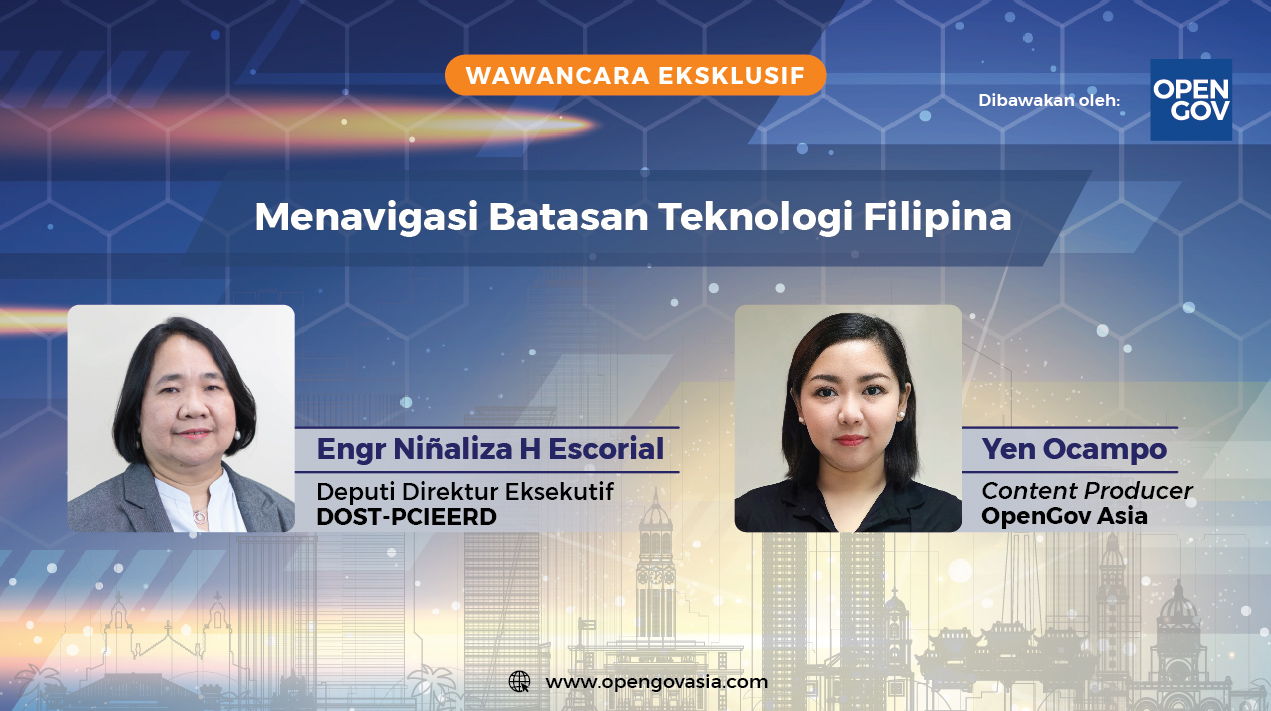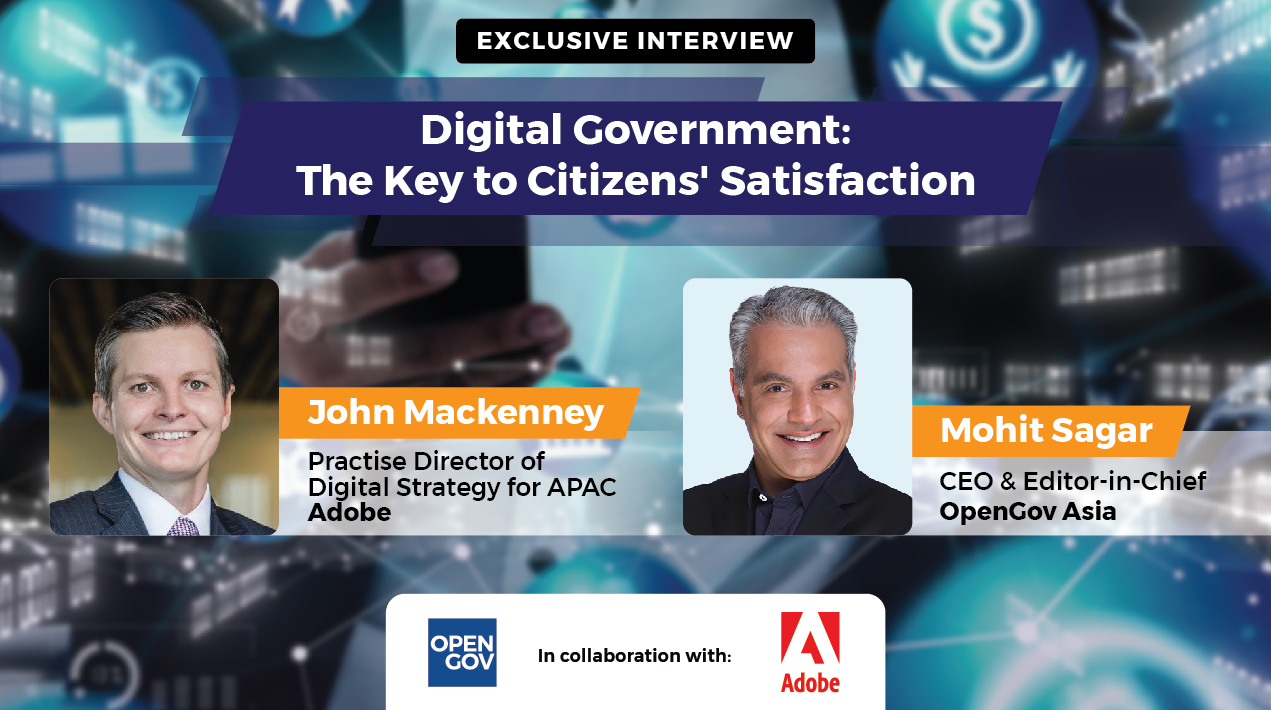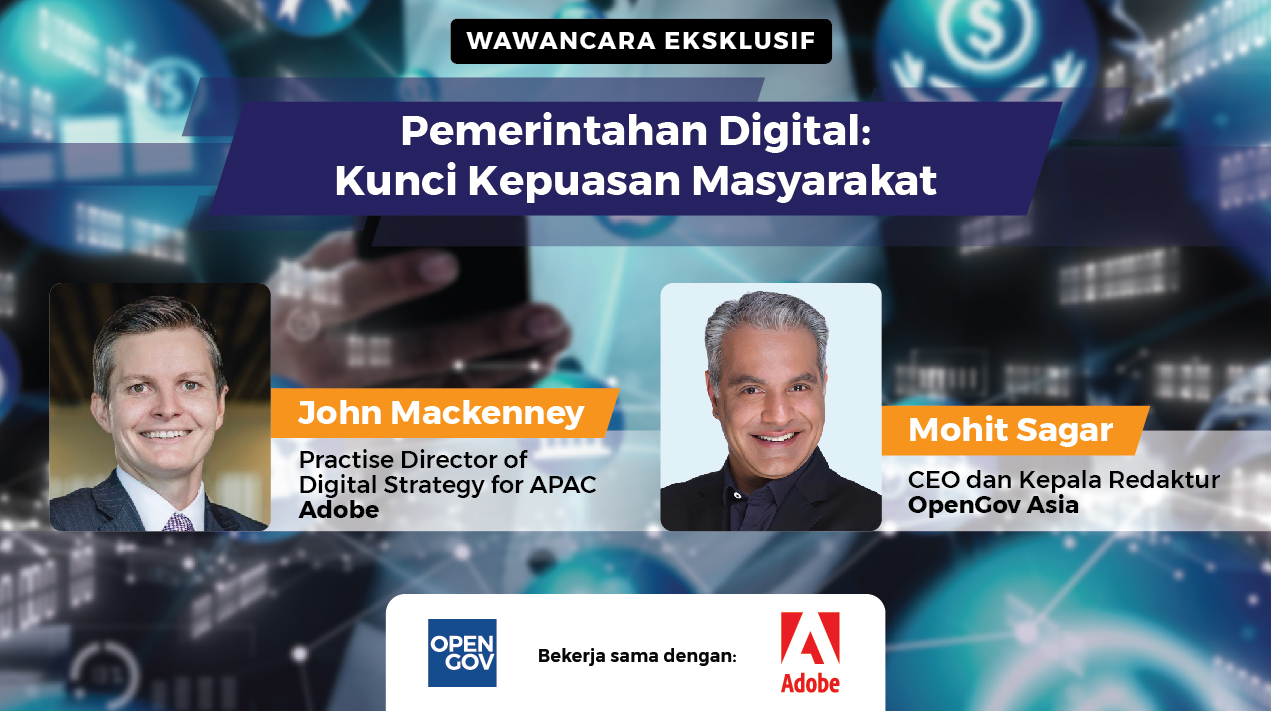![Are Government Agencies Ready to Share Information with Each Other? [OG Partner]](/wp-content/uploads/2018/09/59e6efec5220280001bb4ffc_Unisys-govt-data-sharing-featured.jpg)
“Digital Transformation” is the hot buzzword in Governments worldwide, as they seek to improve the delivery of services to citizens as well as increase the efficiency of their internal organisations via digital technologies. Digital government is far more than simply putting current citizen services online. It involves fresh thinking about how and what services are delivered to citizens and may involve offering current services in new ways, or being able to deliver new services that were previously not possible – particularly by working with other agencies to streamline services and remove red tape.
Fundamental to this is the concept of “joined up government”: where departments and agencies communicate efficiently with each other and act together for a common purpose. While technology is key to enabling this data sharing, more importantly it requires a fundamental cultural change. But achieving this cultural change is challenging.
Government operates at different levels: local, state and national and individual agencies have very specific charters for what they are responsible for and who they are accountable to. This is not a structure that naturally promotes the exchange of information. There is a fear of losing control of data and for some a perception of not receiving due recognition or attribution of their contribution.
We polled attendees at the recent Public Sector Network Australian Security Summit to find out how these public servants, many from law enforcement and border security agencies, felt about sharing data across agencies. They cited the biggest barriers to sharing sensitive data between government agencies as: being able to manage who has access to the data, and securing the data itself.

Yet technology tools are readily available to manage access control and secure data by dividing physical networks into micro networks or “micro segments”. This approach logically separates parts of an organisation’s infrastructure to minimise the impact of breaches as even if there is unauthorised access, they only can see what’s in that one tiny segment. So it is possible to share data securely. The real barrier is the fear of losing control of the data after it has been shared.
However, when asked about sharing sensitive data with other organsiations specifically to support criminal investigations, the respondents cited legal restrictions as the biggest barrier, followed again by managing who has access to the data, and securing the data itself.
In my experience working in and with the law enforcement sector, criminal intelligence is the data that agencies are the most willing to share if they can do so legally. Law enforcement agencies, their police officers and analysts, genuinely want to see the offenders held accountable (provided that sharing data won’t compromise an ongoing operation or expose a source or methodology).
The good news is that the majority (75%) of public servants polled said their organisations will share limited data with other departments on a case by case basis. When there is an operational imperative, such as a major incident or a life threatening situation, agencies are quick to share information – both formally and informally – as there is a common mission that overrides any perceptions against sharing. This suggests that finding common missions across agencies is the key to creating a culture that supports data sharing.
Interestingly, while security was cited as a barrier to sharing data, only 19% said they would share more data even if it could be secured adequately. While security is a legitimate concern, it is not the primary barrier. Neither is technology. The real requirement for change is creating a culture that wants to share data where it makes sense, promoted by policies to actively support sharing data, and key performance indicators for both agencies and individuals, to actively drive a change in behaviour.
But we are seeing change. Many governments are actively promoting a cultural of data sharing. For example, the Office of the Commissioner for Privacy and Data Protection (CPDP) in the Australian state of Victoria recently released Guidelines for sharing personal information to proactively address “wide-spread lack of understanding across government as to what personal information public sector organisations can or should share, when it is appropriate to share, and how decisions should be made about whether or not to share; and what constitutes ‘information sharing’.”1
The good news is that in many countries citizens support such change. The recent Unisys Joined Up Government Survey2 found that the majority of citizens in Australia, New Zealand, the Philippines and Singapore strongly government agencies and departments to sharing between them common information about citizens such as address, birthdate and tax number. The environment is ripe for government agencies in these countries to explore how data sharing could streamline and improve government processes and service delivery.

Conversely, the same research found the majority of citizens in Malaysia do not support data sharing. This may mean that the Malaysian government needs to do more to inform and reassure its citizens about what data would be shared, who would have access to it and for what purposes, and how the citizen would benefit.
The momentum for Joined up Government is growing and this will drive greater desire to share data between government organisations. The technology is ready and the required cultural change is fast on its way.
1 – The State of Victoria Commissioner for Privacy and Data Protection: Guidelines for sharing personal information – https://www.cpdp.vic.gov.au/images/content/pdf/privacy_guidelines/CPDP_Information_sharing_guidelines.pdf
2 – The Unisys Joined Up Government Survey was fielded in Australia and New Zealand in February 2016, and in Malaysia, the Philippines and Singapore in June 2016. The nationally representative samples were of at least 1000 people in each country, aged 18 years or older.





















